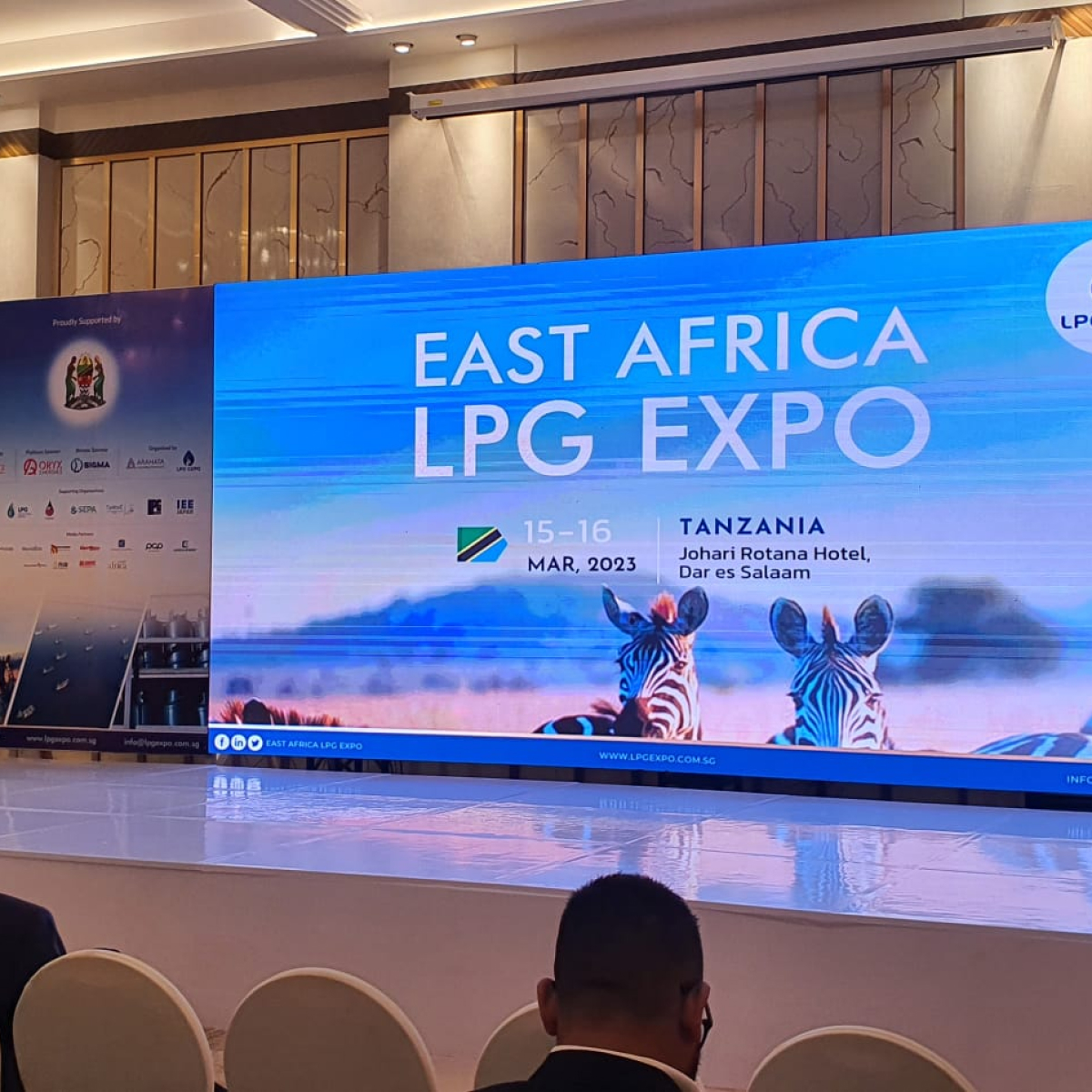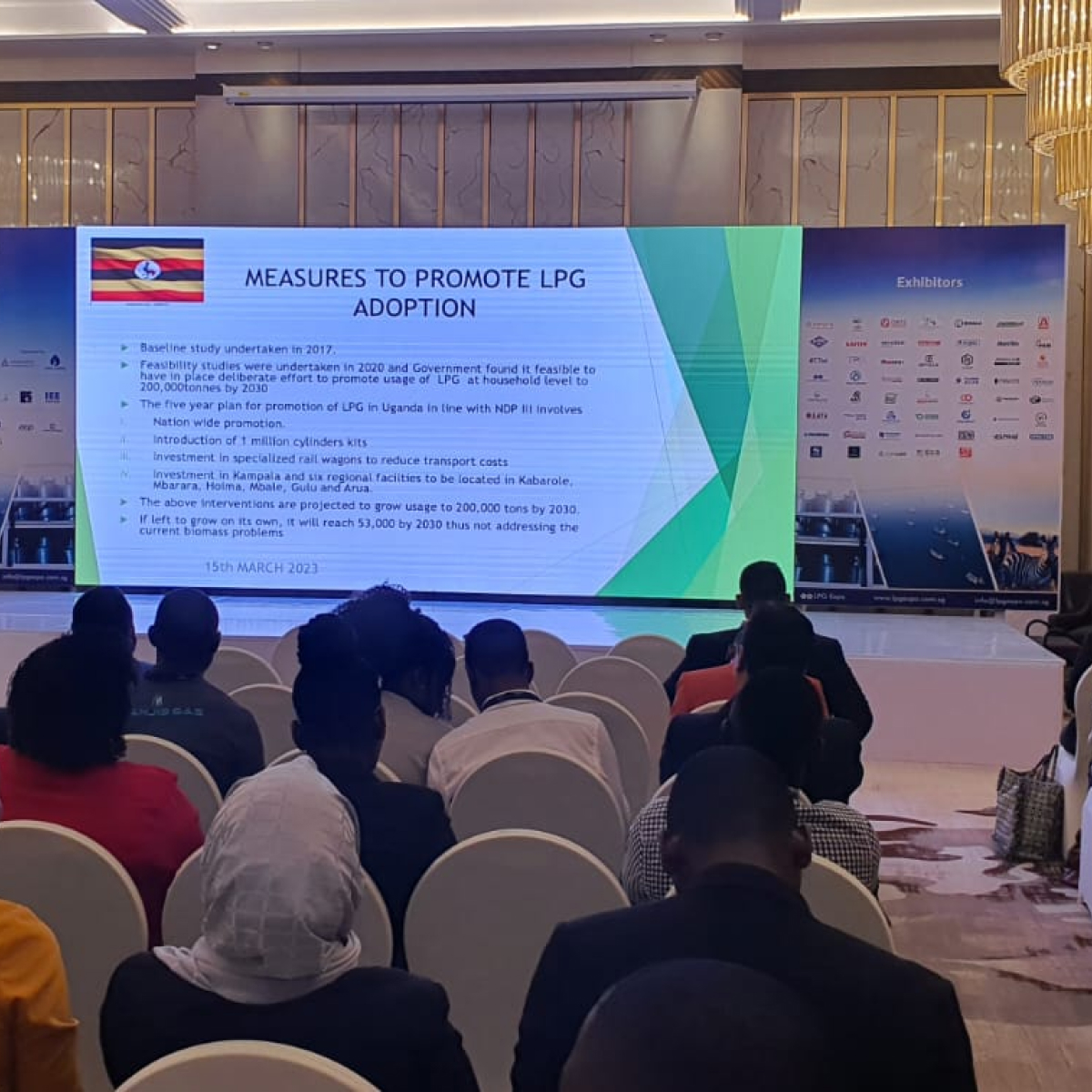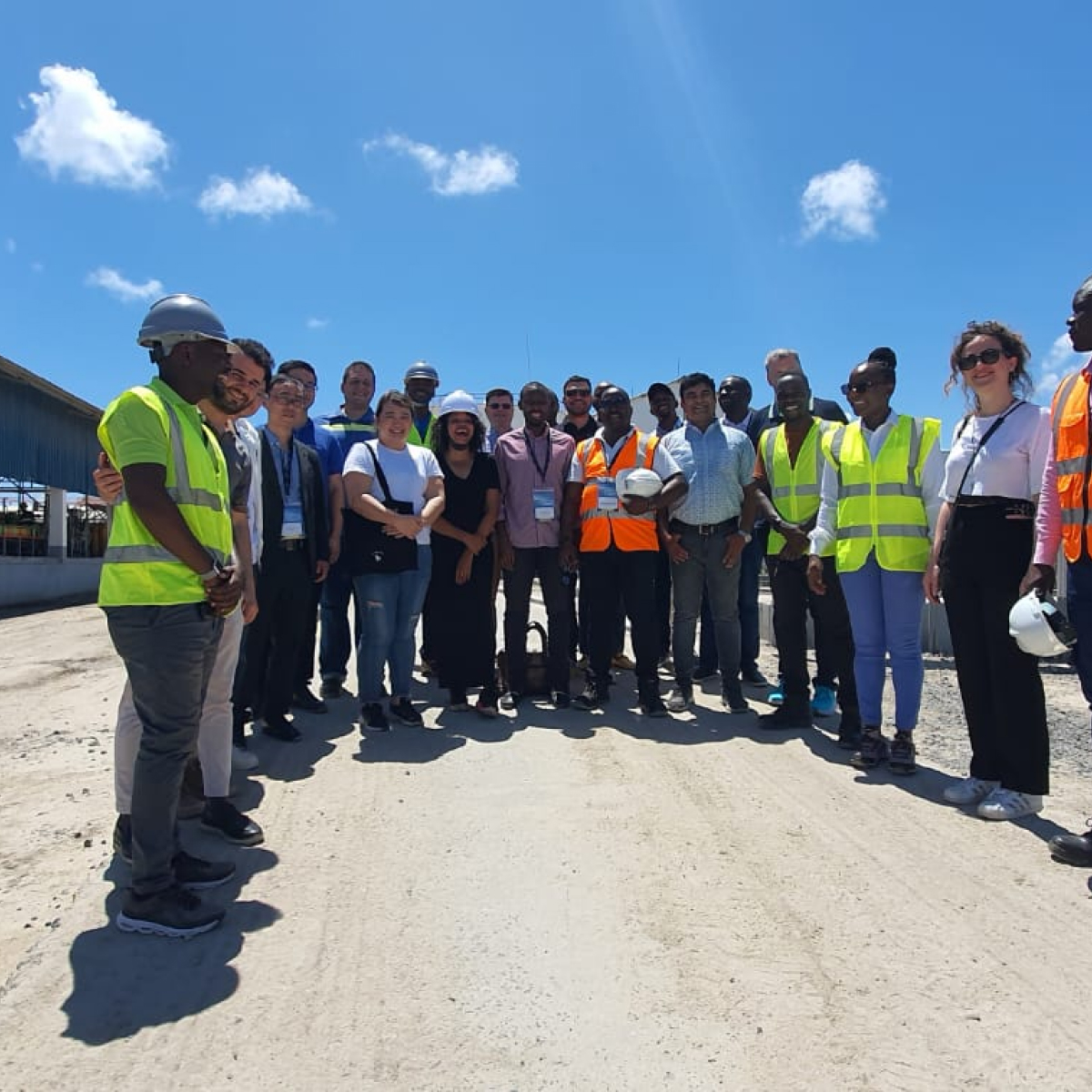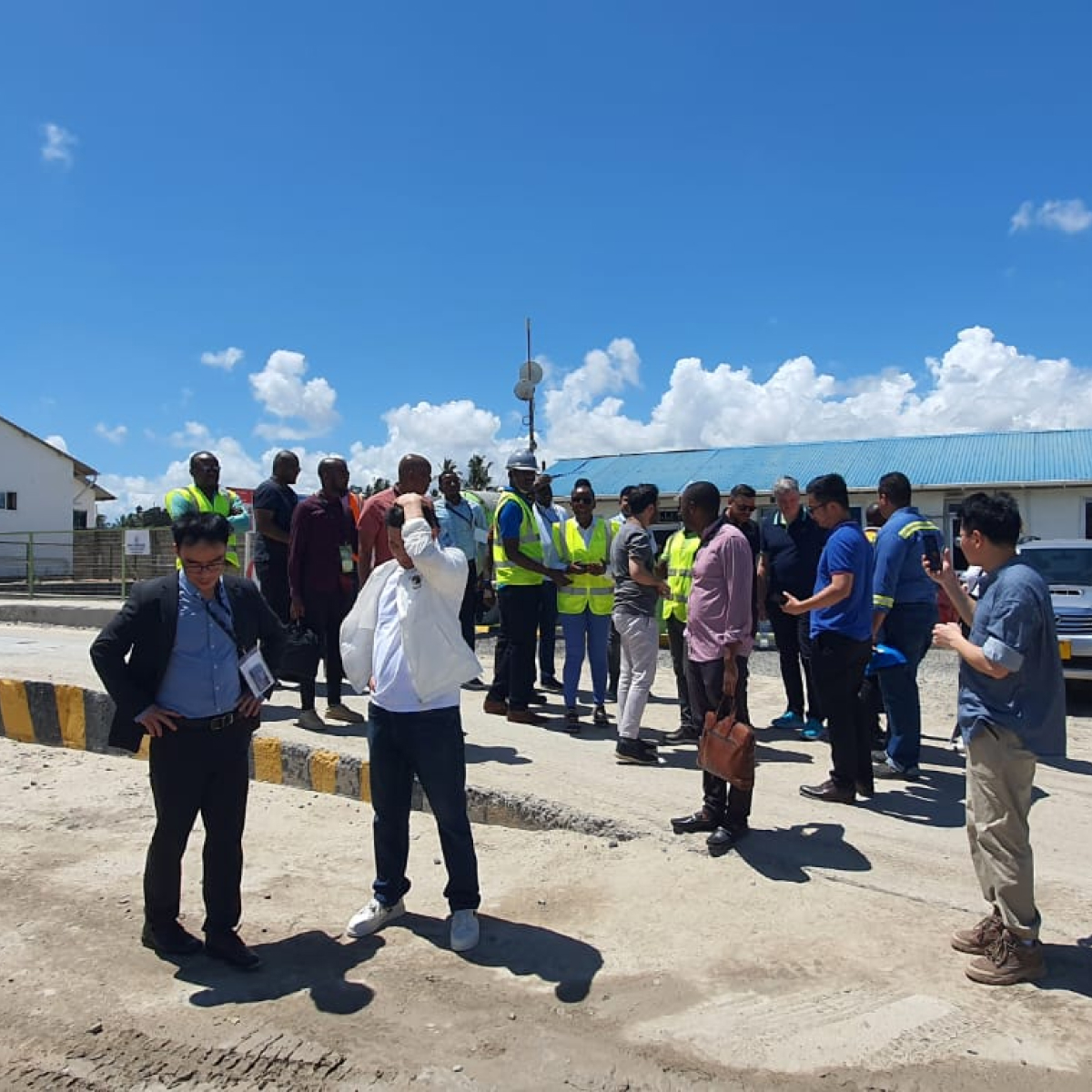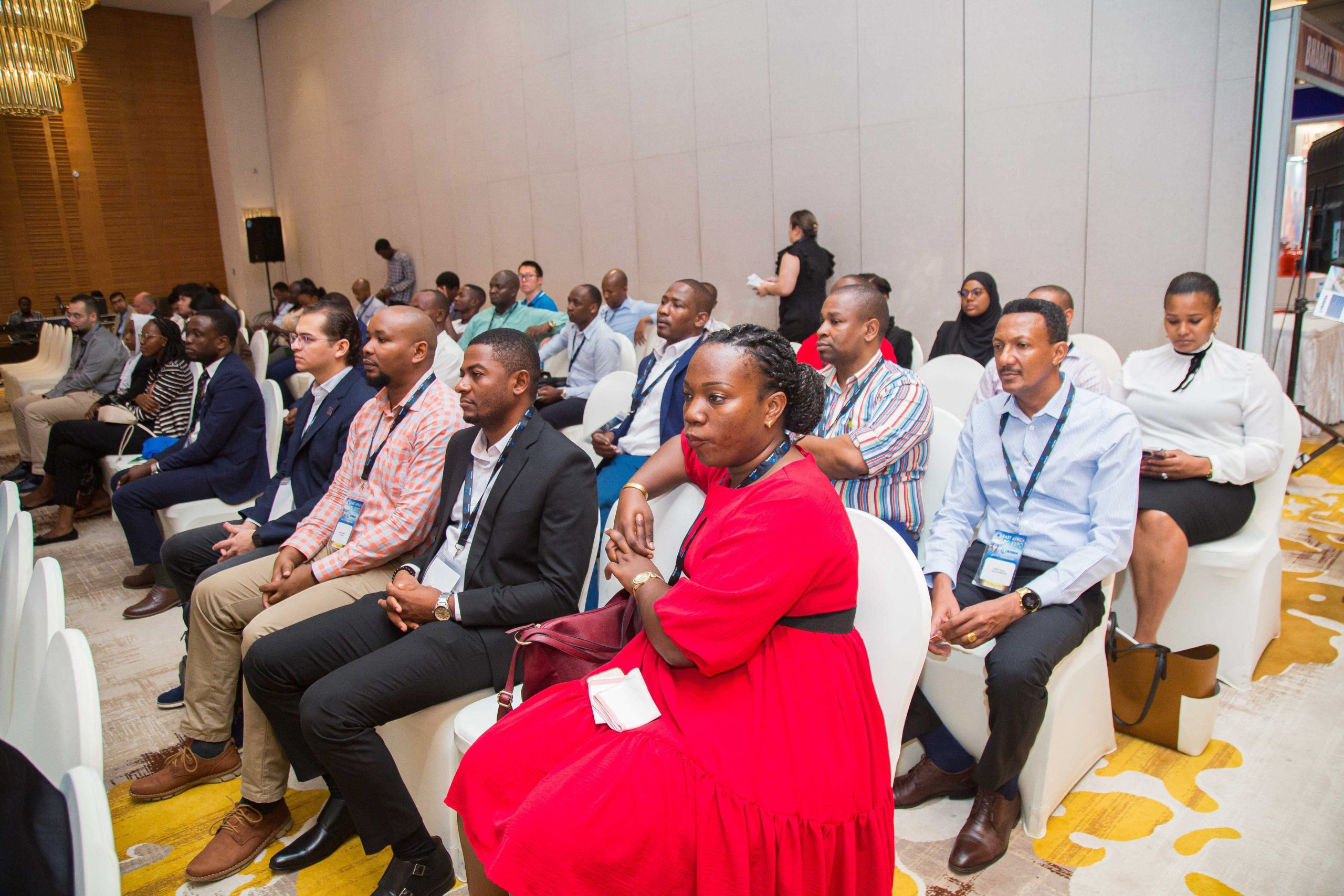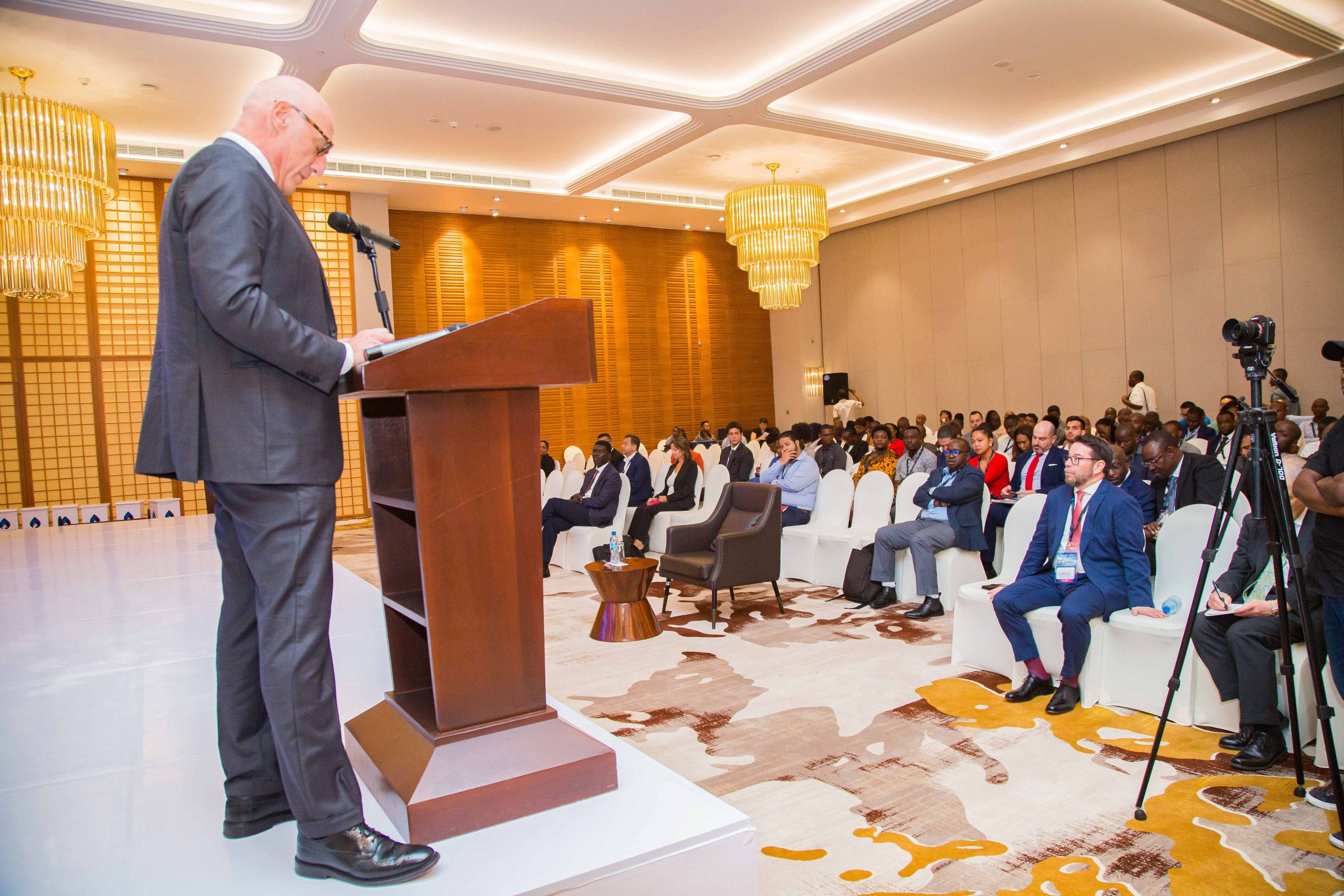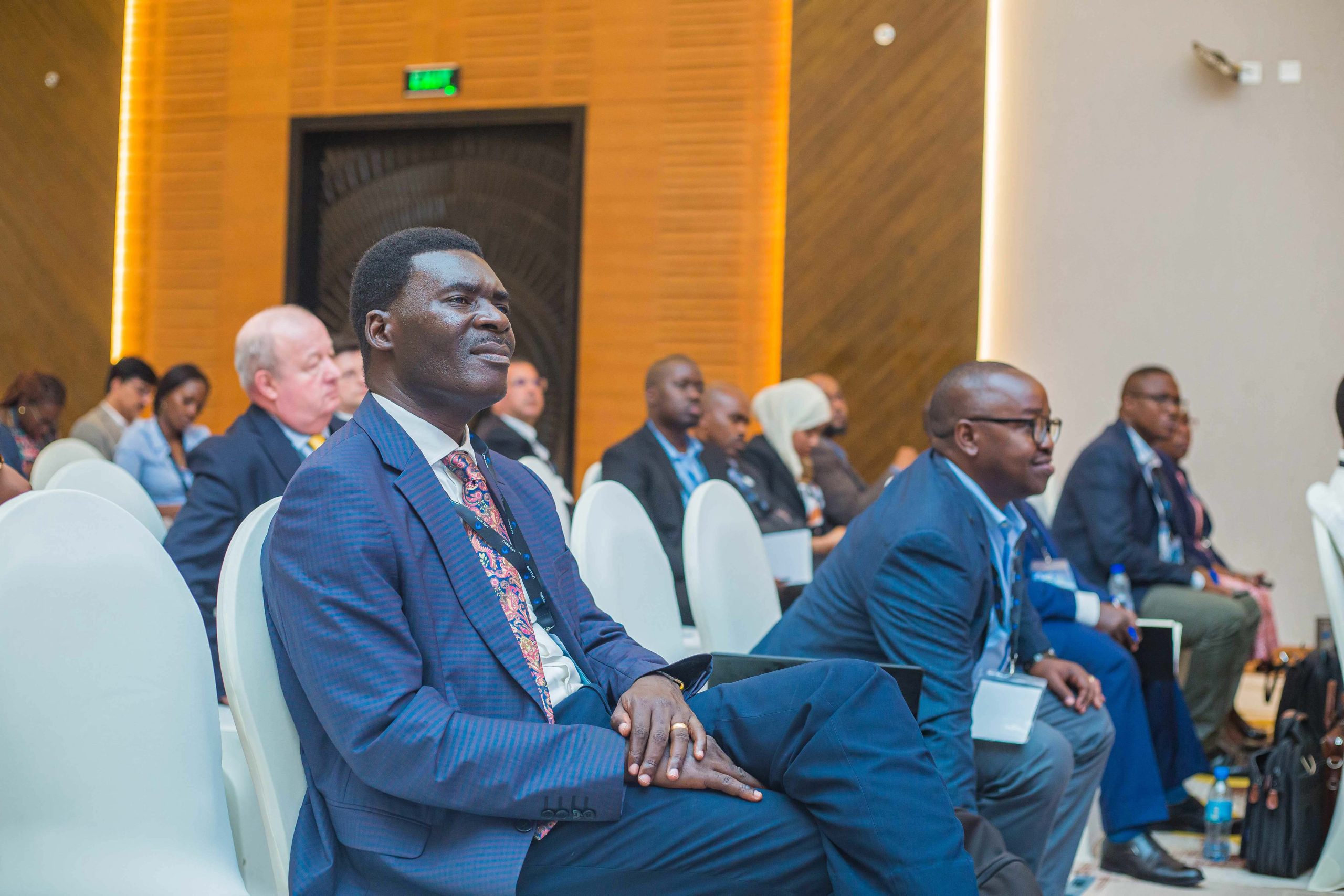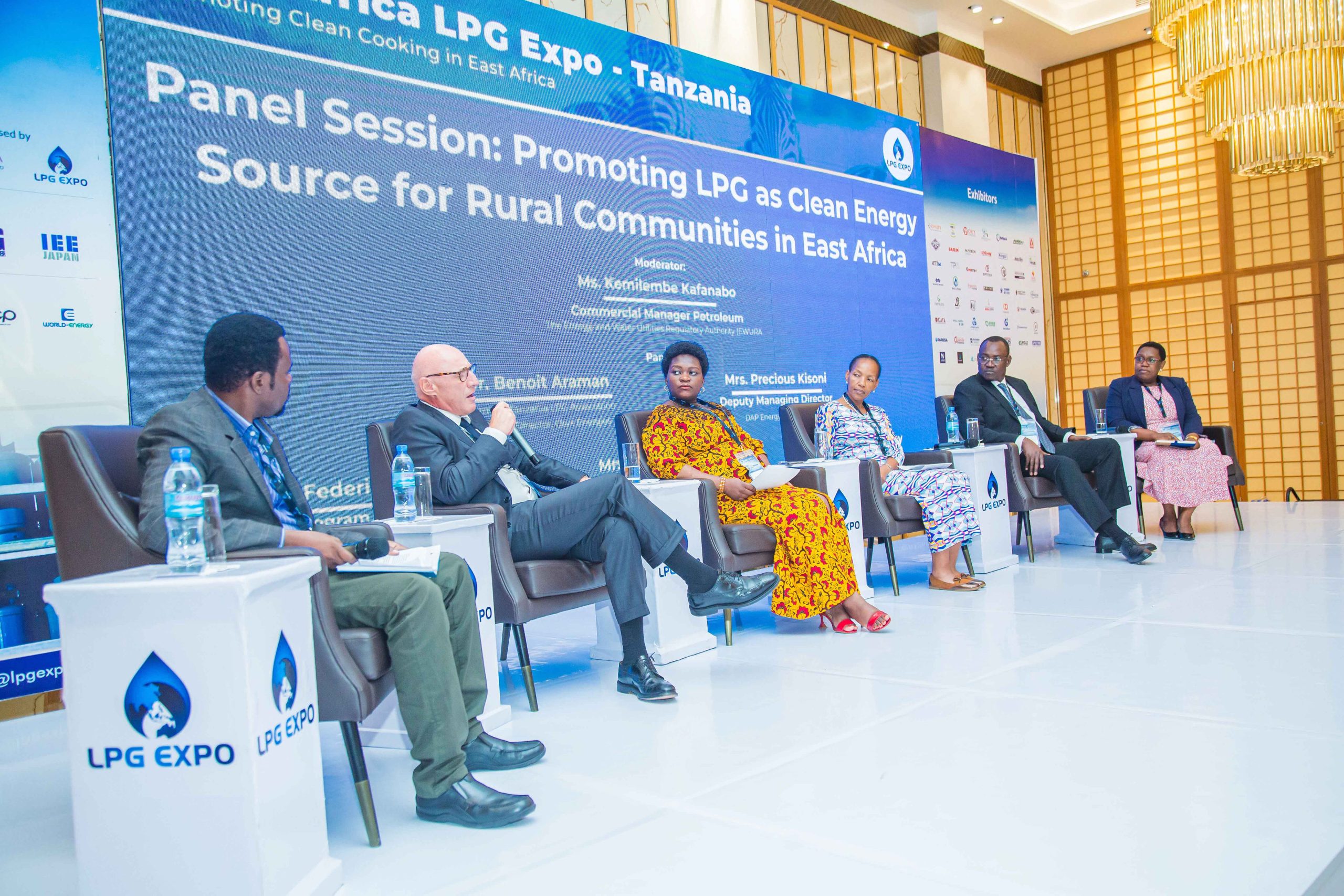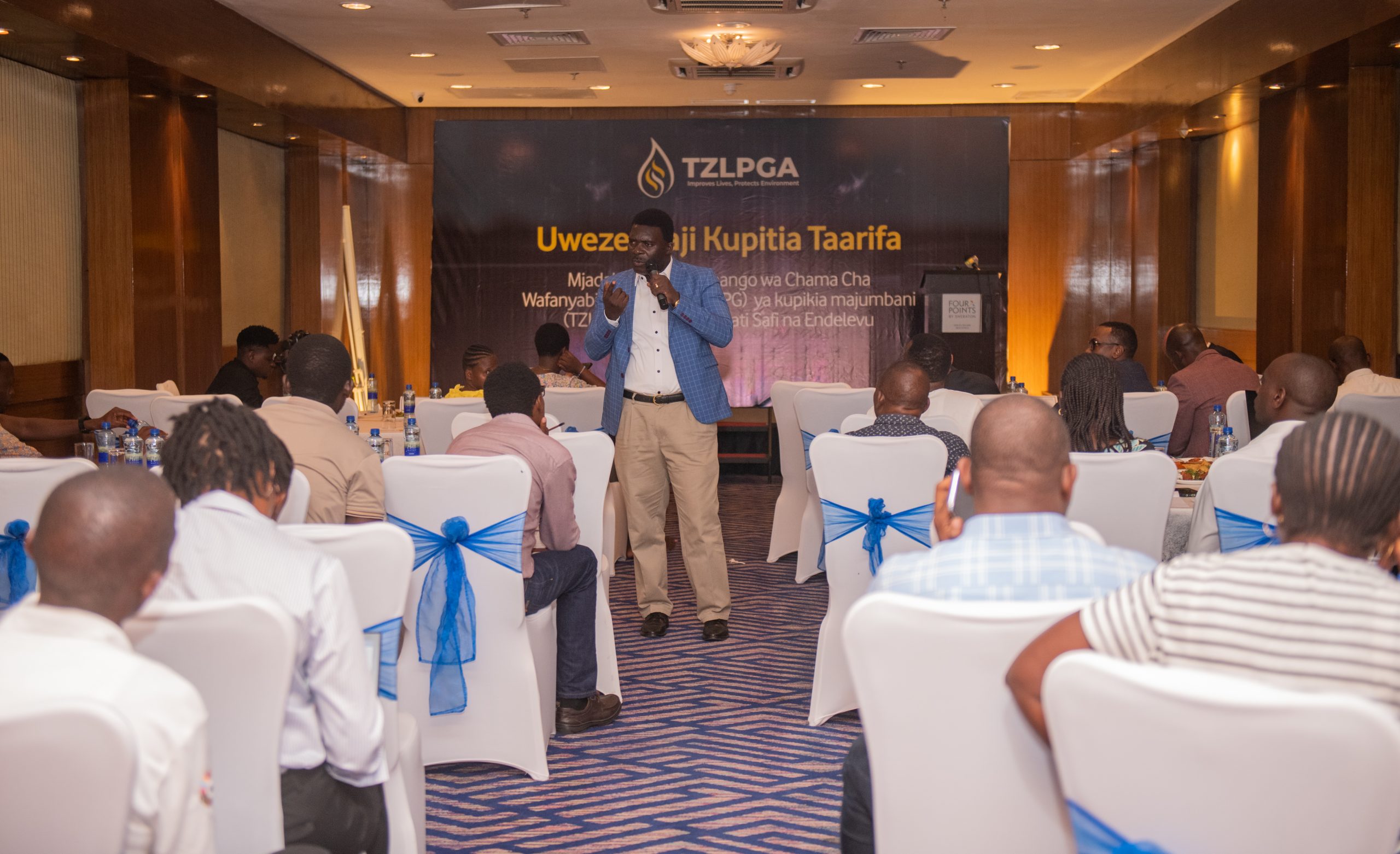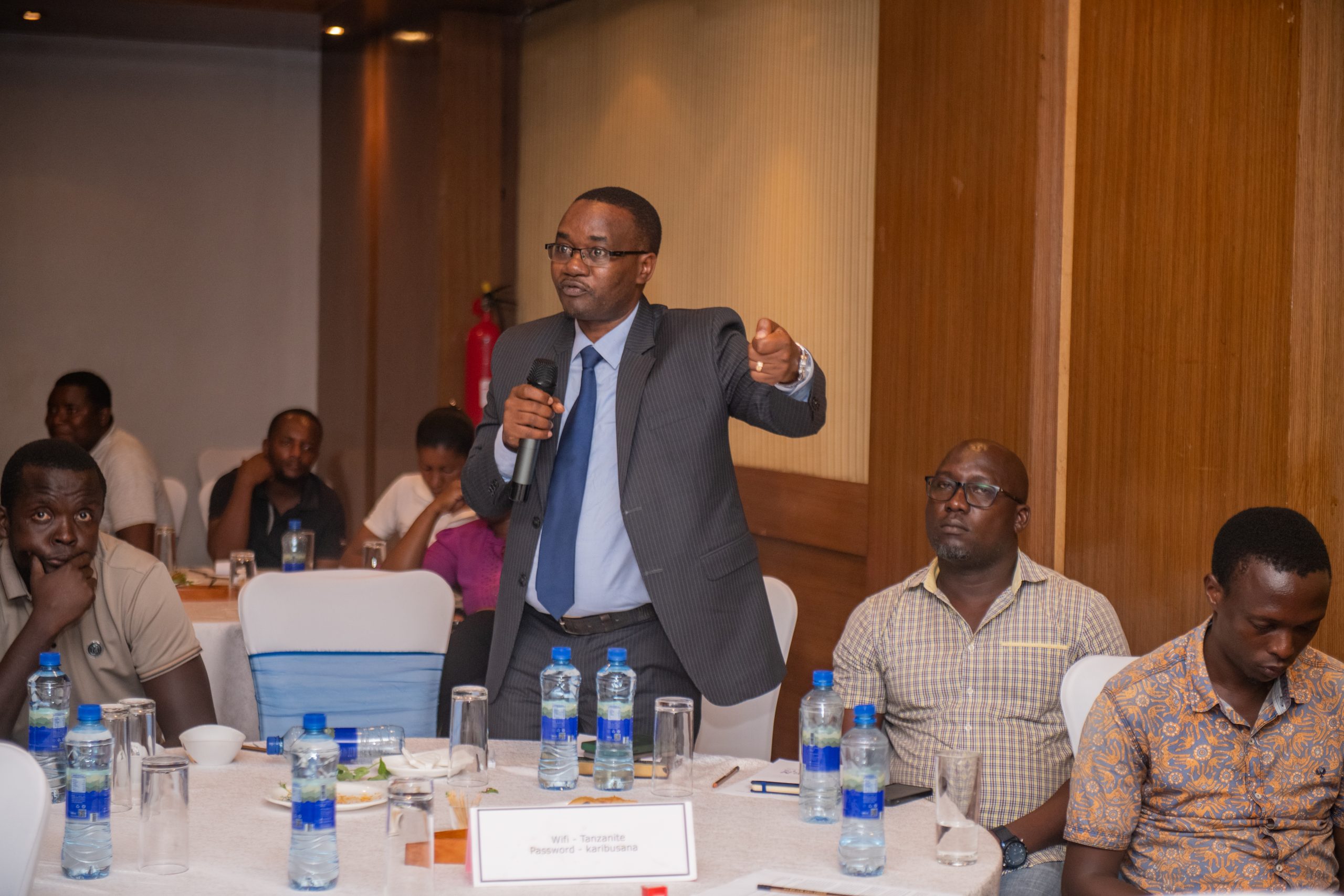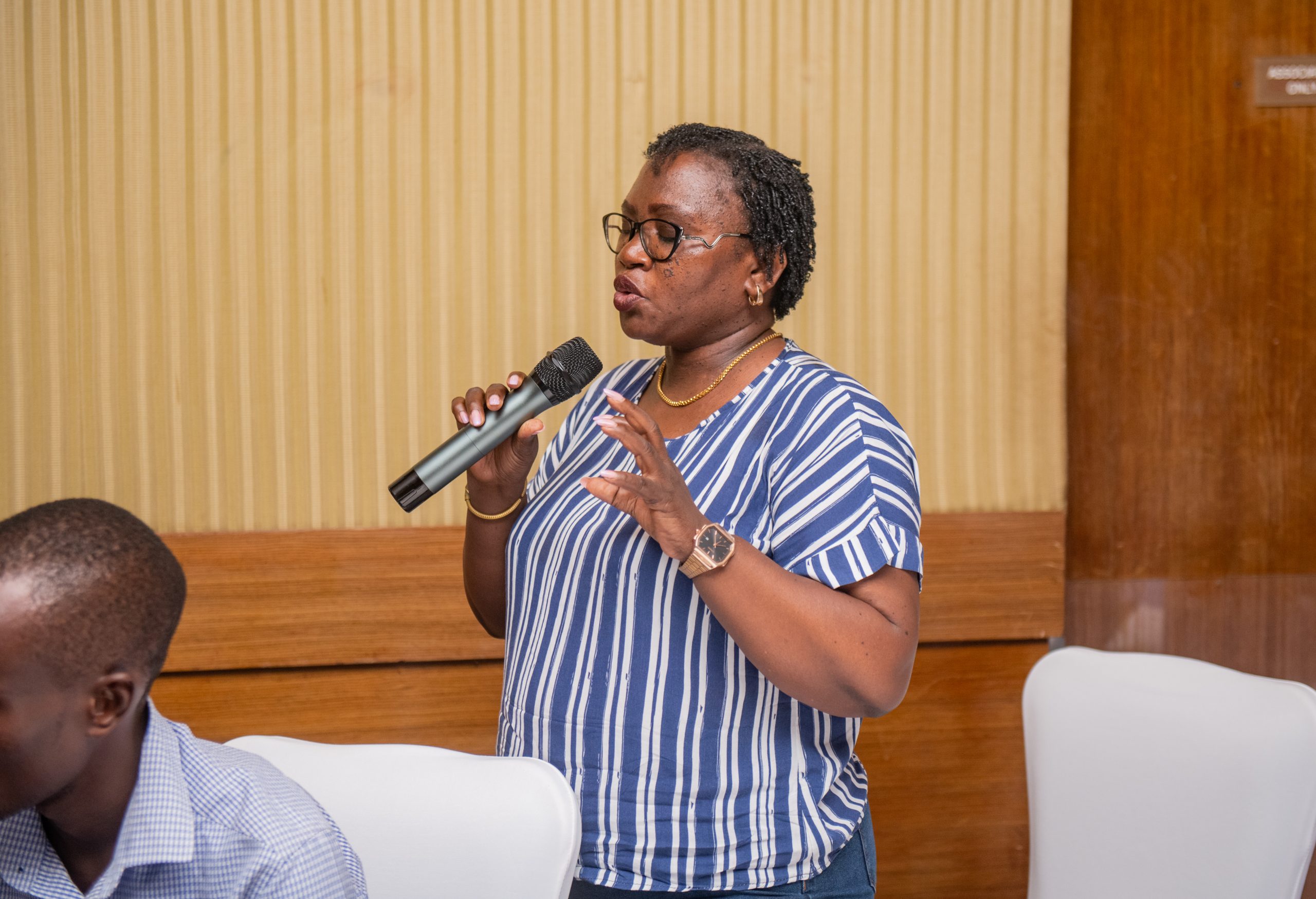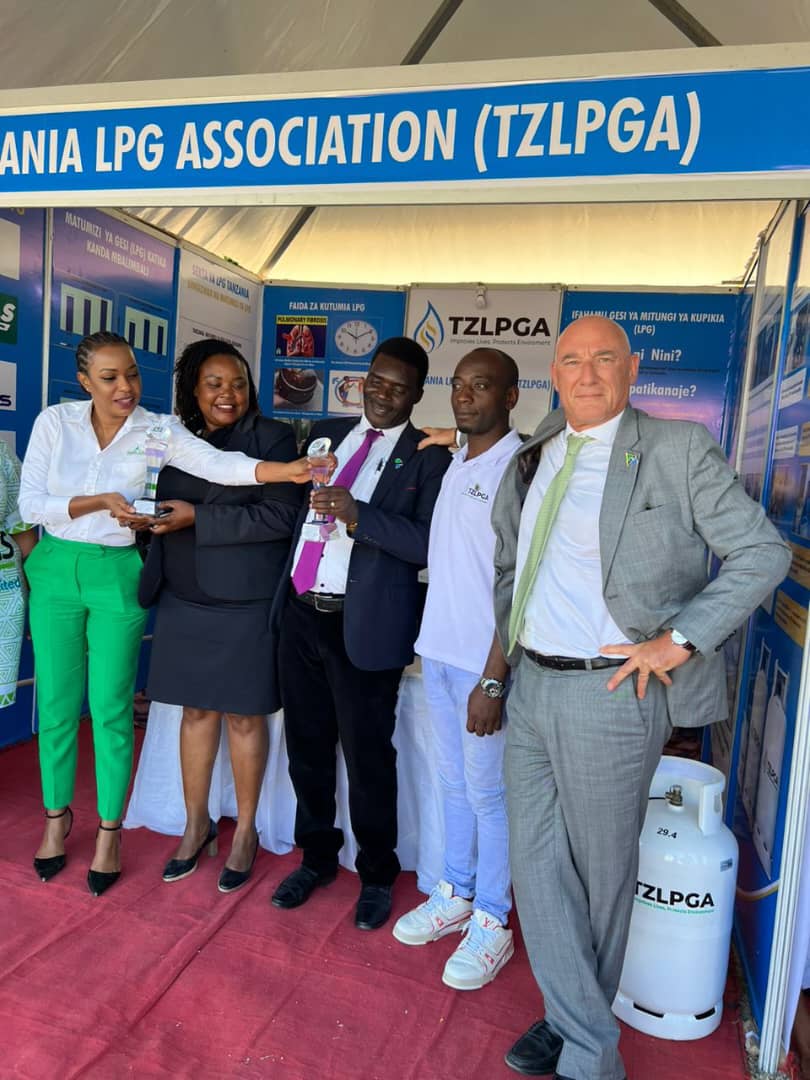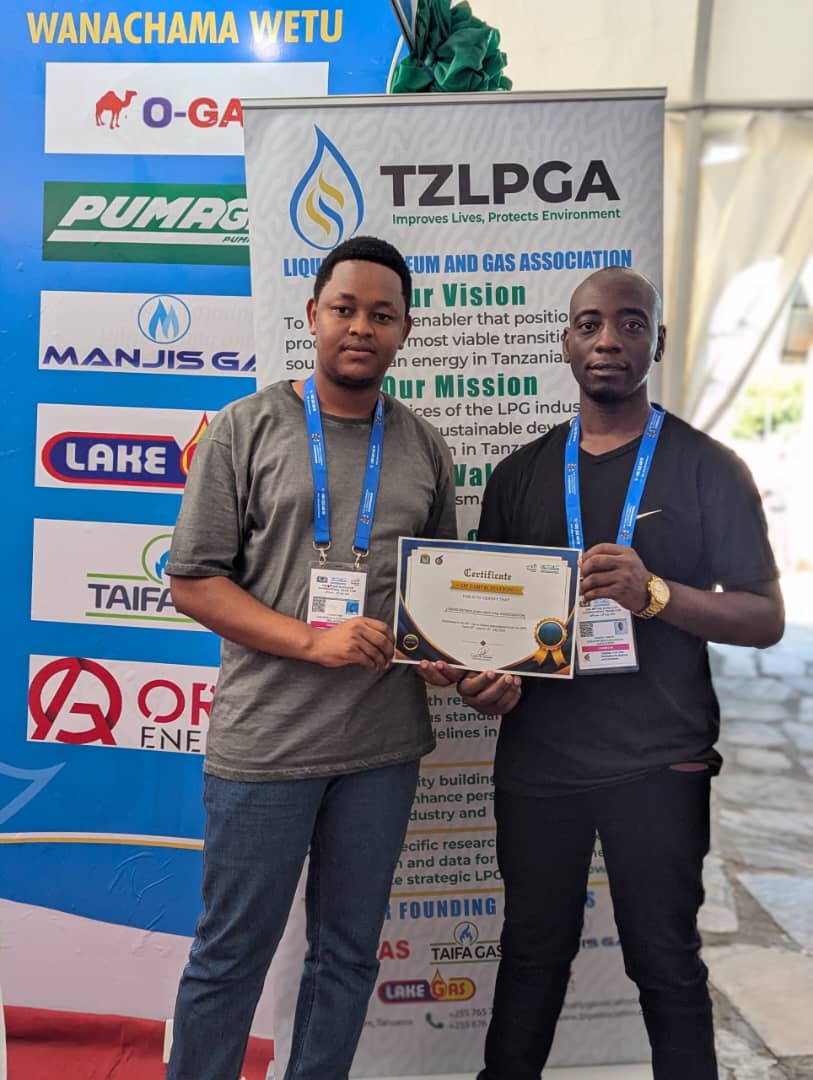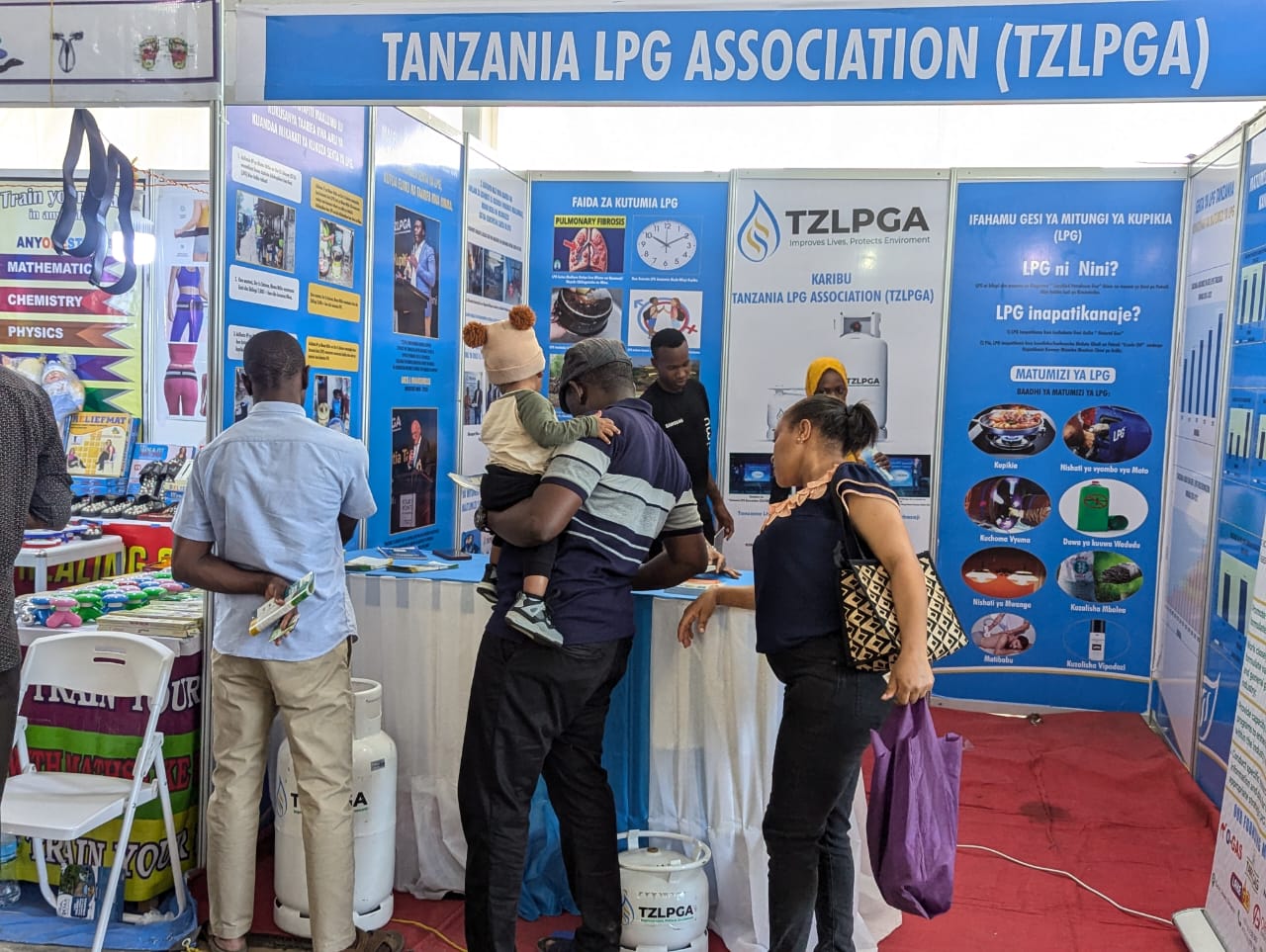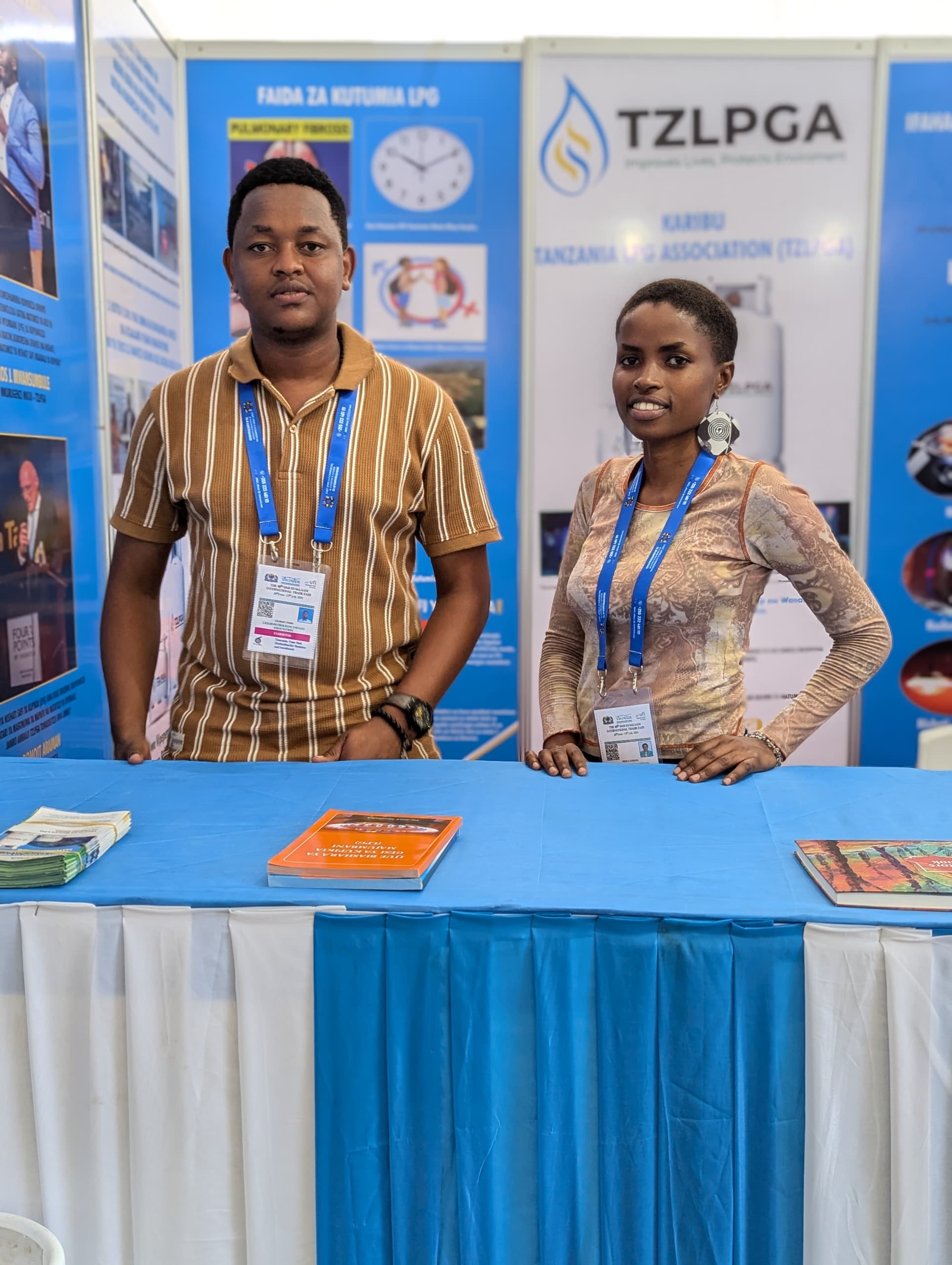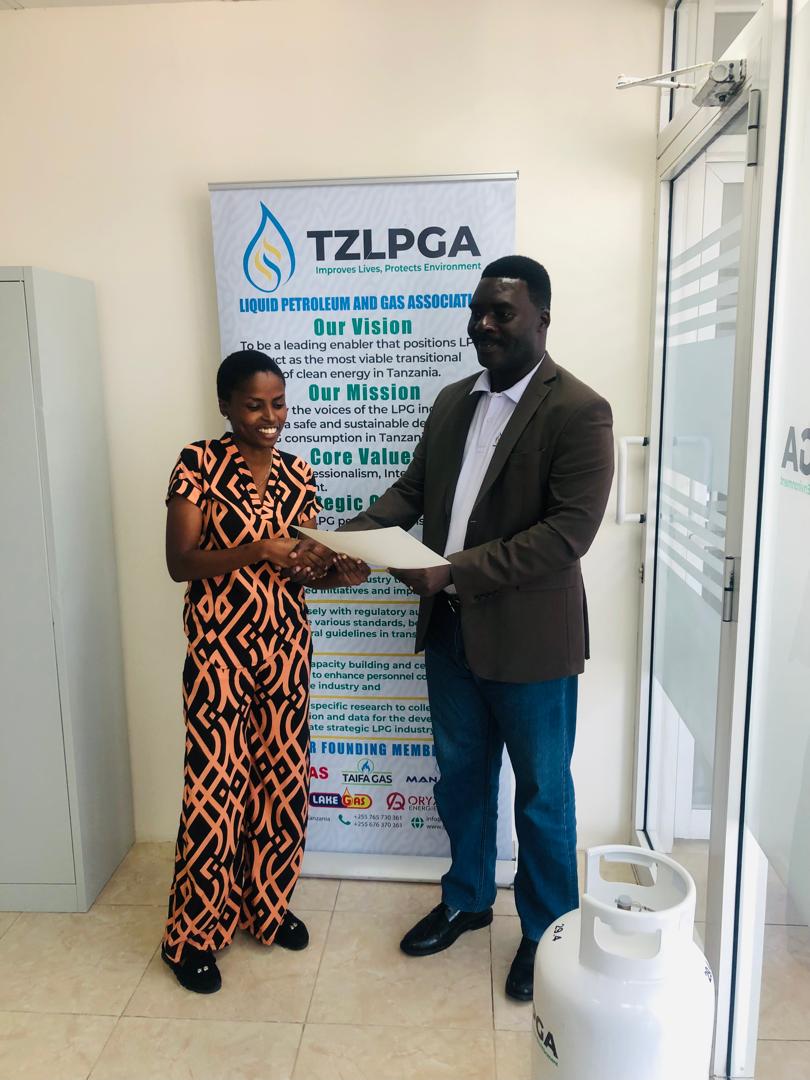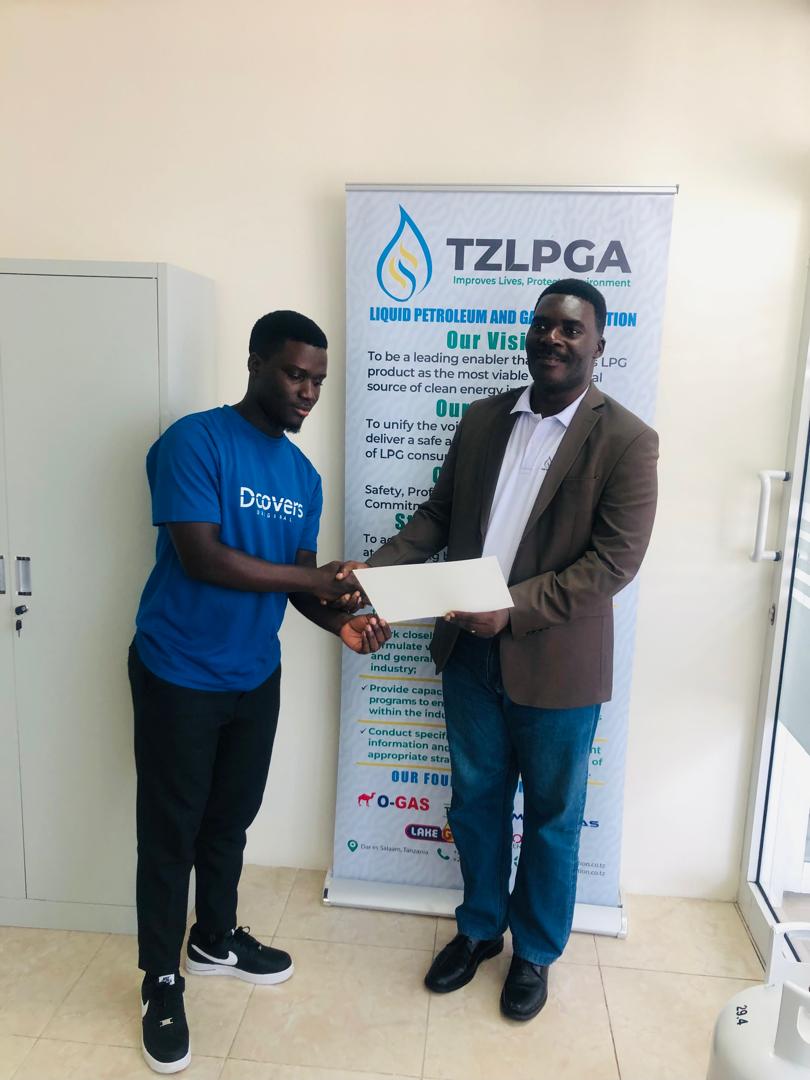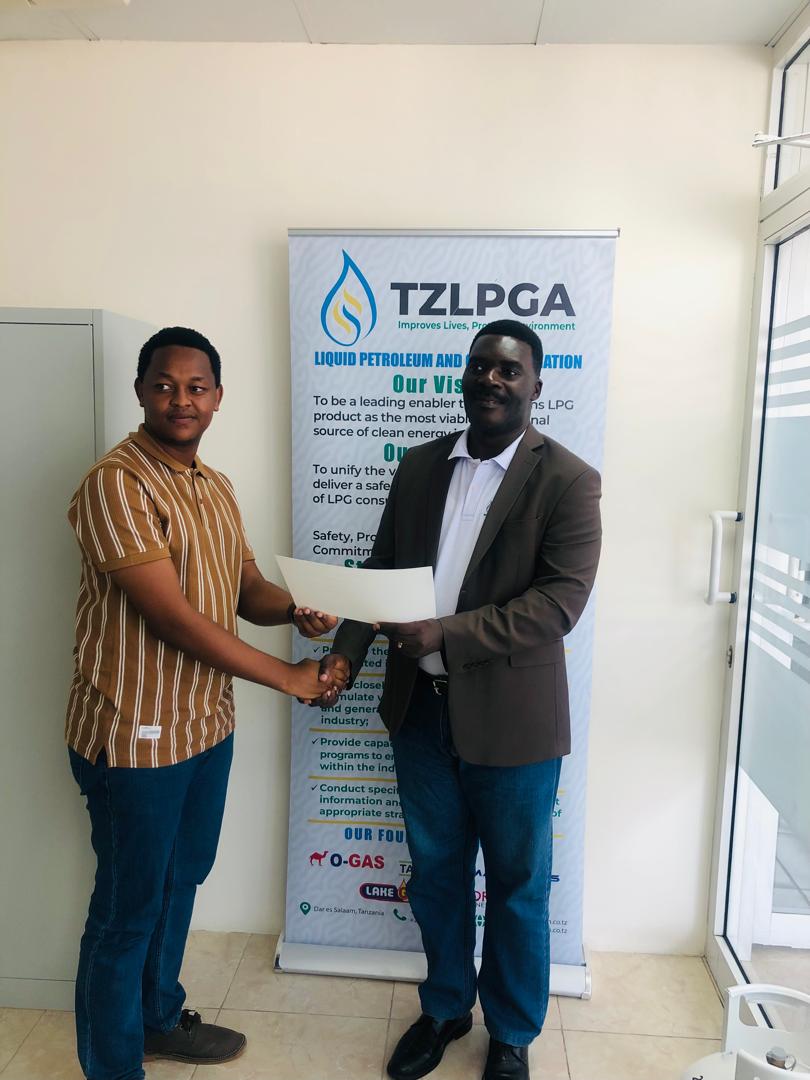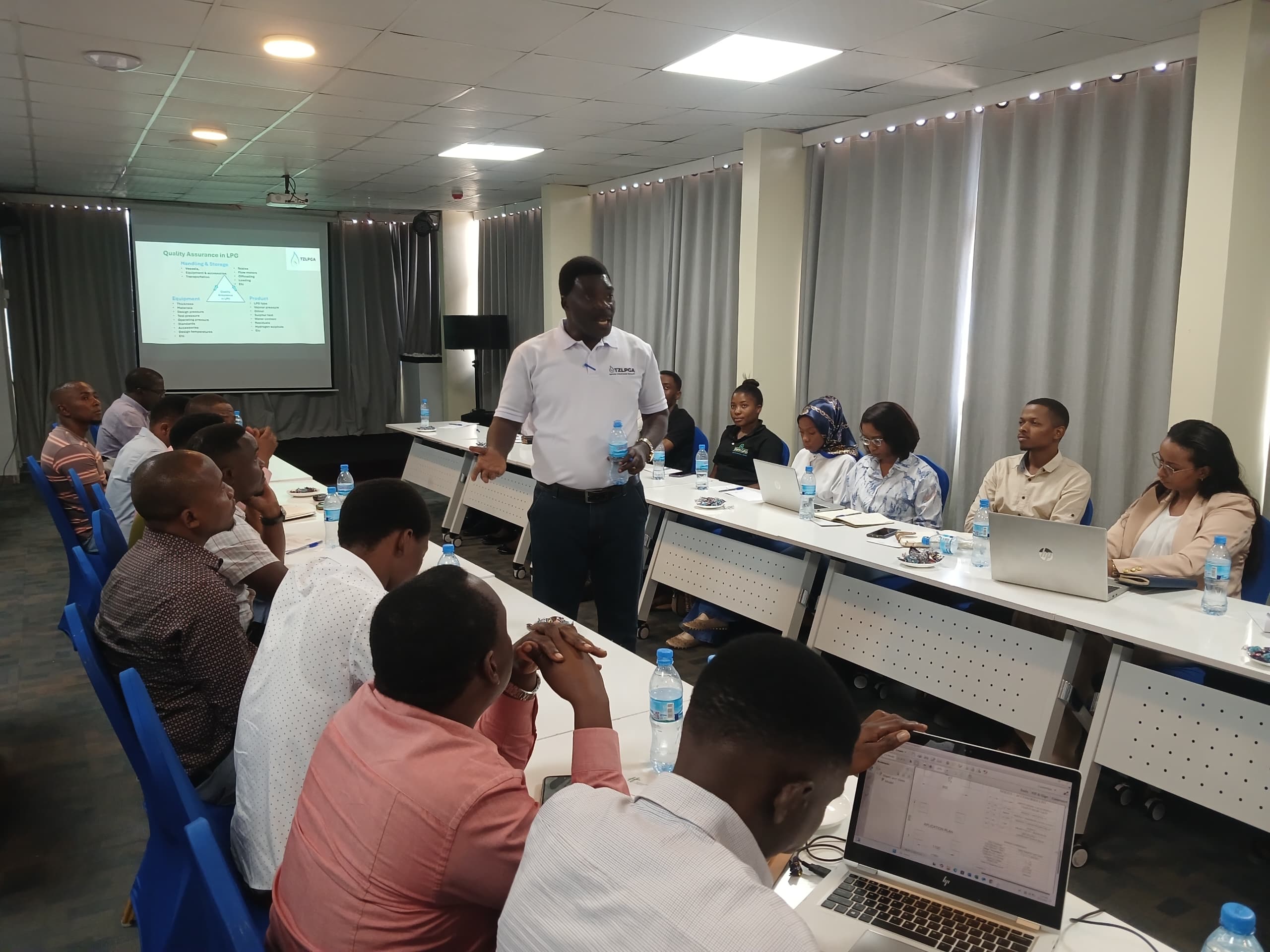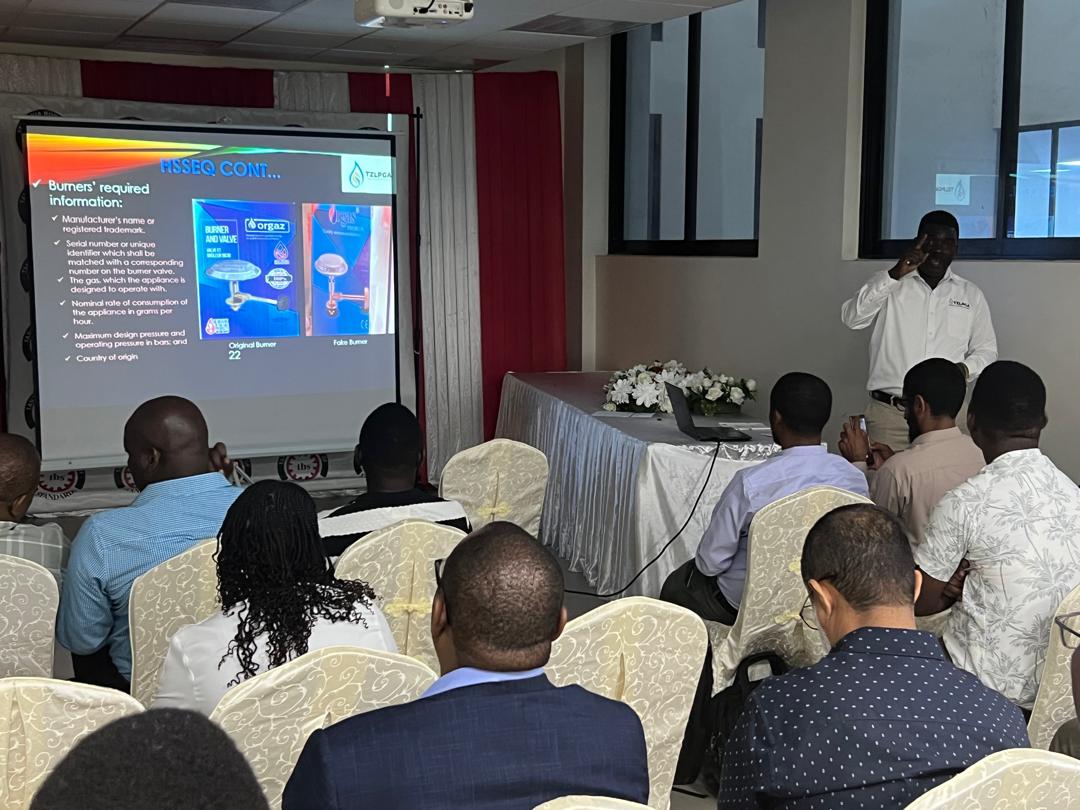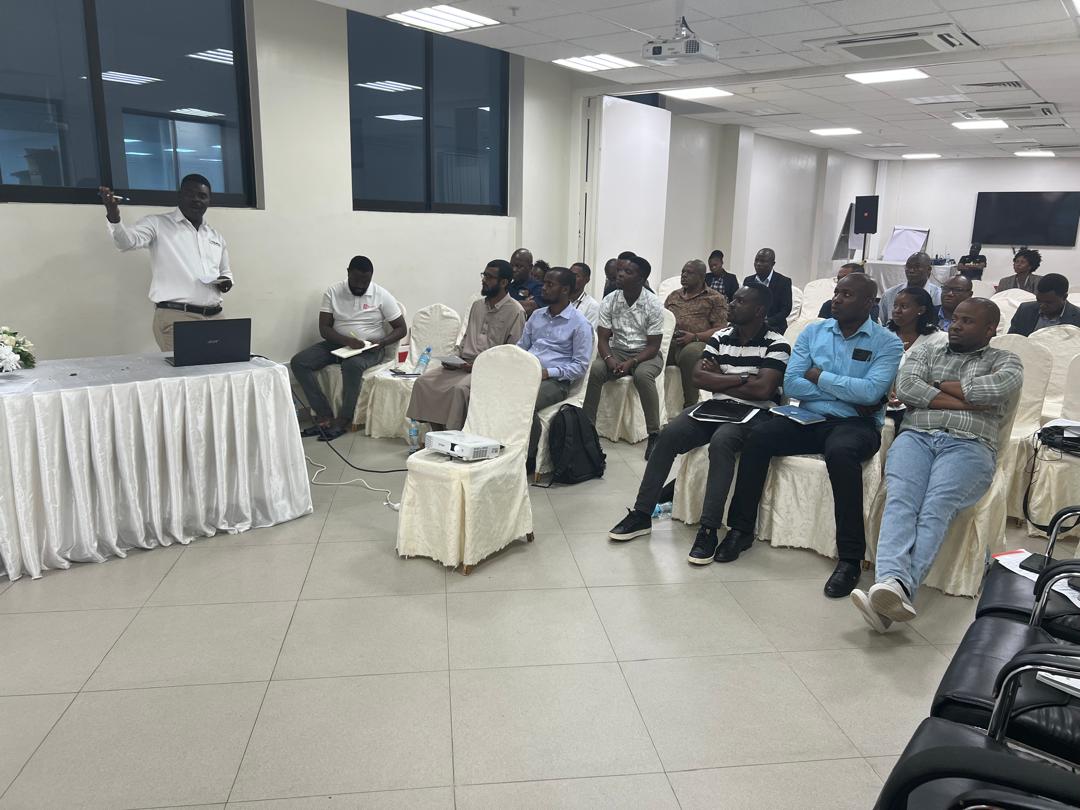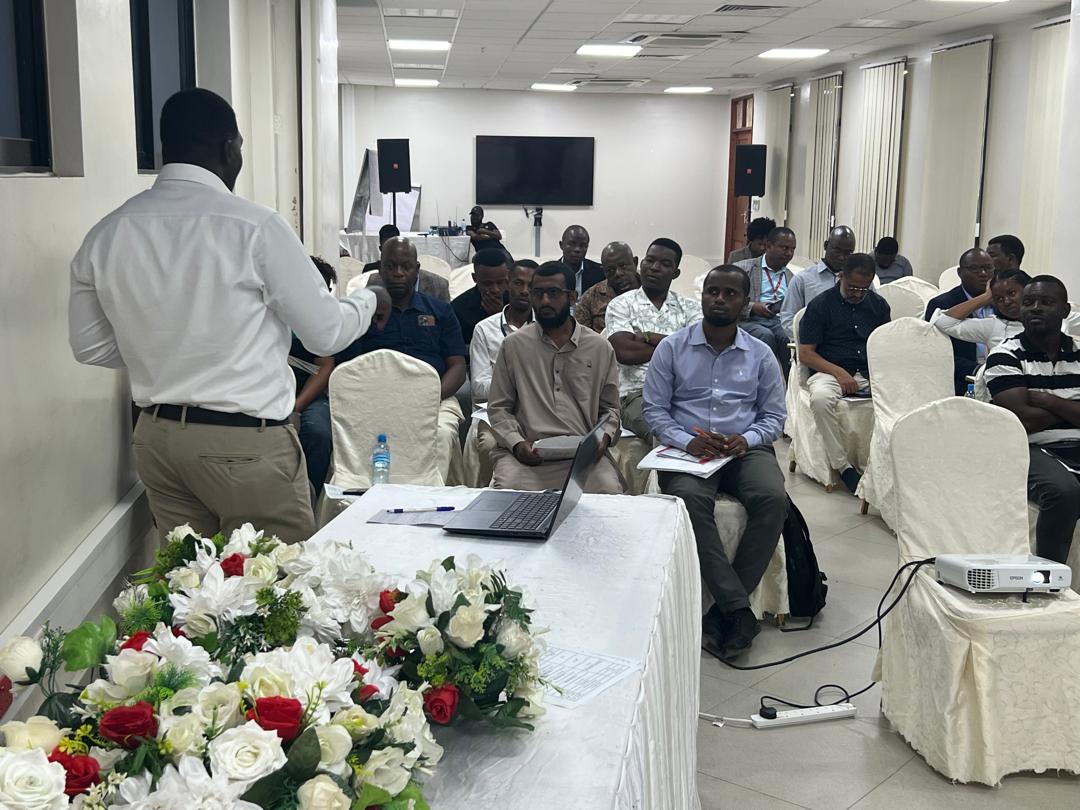Empowering Women And Reducing Children Premature Deaths Through LPG
- Home |
- Empowering Women And Reducing Children Premature Deaths Through LPG

According to the World Health Organization, around 2.3 billion people worldwide still cook using solid fuels (biomass) and kerosene in open fires and inefficient stoves. Most of these people are poor and live in low- and middle-income countries. Exposure is particularly high among women and children (young girls), who spend most time near the kitchen. WHO defines fuels and technologies that are clean for health at the point of use, Liquefied Petroleum Gas (LPG) being one of the cooking energy sources that meet the emission targets in the WHO Guidelines. Among the benefits of LPG to women and children includes;
- Reduces health effects: Household air pollution is generated using inefficient and polluting fuels and technologies in and around home and it contains a range of health-damaging pollutants, including small particles that penetrate deep into the lungs and enter the bloodstream. In poorly ventilated dwellings, indoor smoke can have levels of fine particles 100 times higher than acceptable. Each year, 3.2 million people die prematurely from illnesses attributable to household air pollution caused by the incomplete combustion of solid fuels and kerosene used for cooking. Particulate matter and other pollutants in household air pollution cause respiratory and visual (eye) disorder.
- Reduces gender inequality and violence incidents: Given that many women and young girls are responsible for household cooking needs, they normally travel long distances and sometimes through unsafe areas to search for firewood. They are therefore exposed to security risks, economic hardship, education challenges and suspicious infidelity from men which leads to gender inequality and violence.


